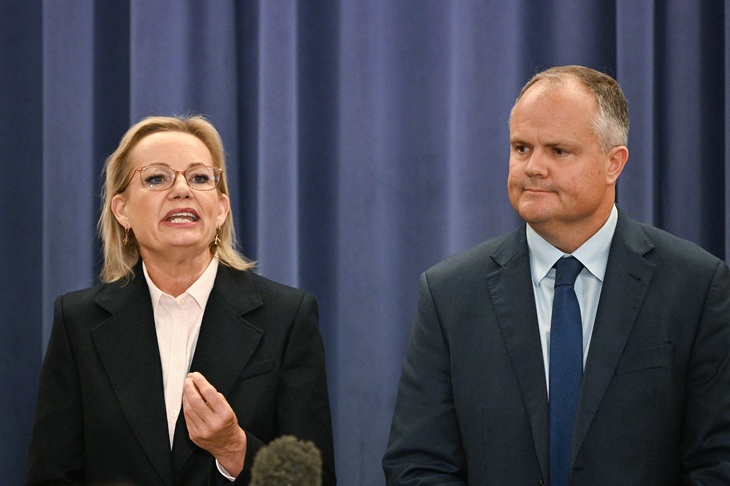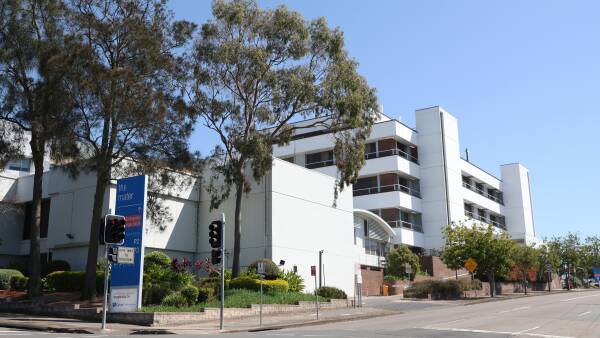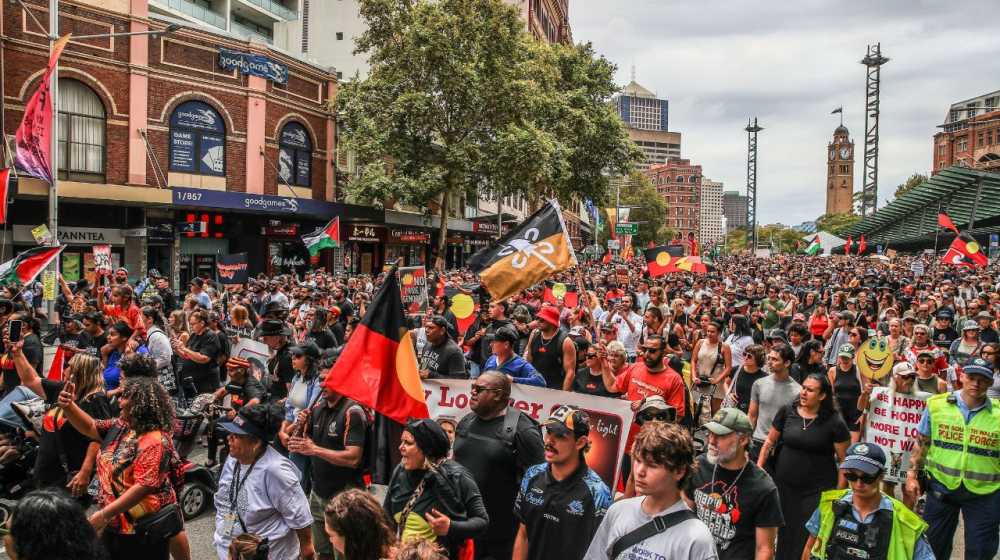
Australia's Leader of the Opposition Sussan Ley speaks at a press conference with Deputy Leader of the Opposition Ted O'Brien at Parliament House in Canberra on May 13, 2025. (Photo by Saeed Khan / AFP) (Photo by SAEED KHAN/AFP via Getty Images)
Tensions within the Australian Liberal Party are escalating as members grapple with fundamental questions about their identity and values. The party, once heralded as a “broad church” under former Prime Minister John Howard, is now facing criticism for its inability to define key concepts such as family and womanhood. These discussions have intensified in light of recent events, including the controversial housing of a biological man in a women’s prison and the party’s stance on energy policy.
In a recent piece for the Weekend Australian, Angus Taylor asserted that Liberal values place family at the heart of society. His comments resonate with many Australians, yet they raise a significant question: Can the Liberal Party adequately define what constitutes a family in today’s context? This uncertainty is evident in the ongoing conflicts among party members, particularly in Victoria, where Moira Deeming‘s attempts to articulate a position on gender have led to internal strife.
The issue of child protection has also surfaced prominently. Sussan Ley, a senior party figure, recently released a video advocating for mandatory sentencing for serious child abuse crimes. This statement followed disturbing reports of a five-year-old girl allegedly abused by her father, who was living in a Victorian women’s prison. Critics argue that the party’s fixation on progressive ideologies has overshadowed critical issues of public safety.
As the Liberal Party navigates these challenges, discussions around energy policy have gained traction. Taylor has emphasized the need for affordable and reliable energy sources. However, the party’s commitment to achieving Net Zero emissions by 2050, a pledge made under former Prime Minister Scott Morrison, has drawn criticism. Many see this target as detrimental to the Australian economy, with rising electricity costs affecting families and small businesses across the nation.
The divide within the party is further illustrated by the contrasting views of its members. While Taylor champions coal and gas as essential to restoring energy stability, Ley’s recent comments indicate support for swift progress towards Net Zero. This dichotomy raises questions about the coherence of the party’s energy strategy and its implications for Australian households.
The leadership struggles have drawn comparisons to historical figures within the party. Tony Abbott, often cited as the best Prime Minister Australia never fully embraced, faced opposition from within his own ranks that many believe undermined his leadership. Abbott’s successor, Malcolm Turnbull, has publicly acknowledged that legalizing same-sex marriage was a significant achievement of his time as Prime Minister, further complicating the party’s stance on social issues.
One of the few Liberal voices actively engaging in the cultural debate is Jacinta Nampijinpa Price. Her recent involvement in discussions surrounding the Voice to Parliament has highlighted a more assertive approach to addressing cultural issues that many in the party have shied away from. Price’s actions suggest a potential path forward for the party, albeit one fraught with criticism from traditionalists.
The Liberal Party’s internal conflicts extend to its handling of sensitive topics such as abortion. Recent statements from party leaders indicate a reluctance to engage in discussions about abortion practices, particularly concerning babies born alive after unsuccessful procedures. Critics argue that this silence reflects a broader failure to uphold the party’s claimed family values.
As the party grapples with its identity, the pressure to address the concerns of its constituents becomes increasingly urgent. Critics argue that the Liberal Party’s adherence to what they term “woke” ideologies and its alignment with renewable energy advocates threaten its foundational principles. The growing sentiment among constituents is that without a clear and assertive stance on these issues, the party risks losing its relevance.
In conclusion, the Australian Liberal Party finds itself at a crossroads. The ongoing debates over family values, energy policy, and social issues reflect deeper ideological fractures within the party. As members navigate these challenges, the future of the party hinges on its ability to reconcile its diverse views and respond meaningfully to the electorate’s concerns. Failure to do so may lead to a significant reformation, as calls for a return to core principles grow louder among its base.





